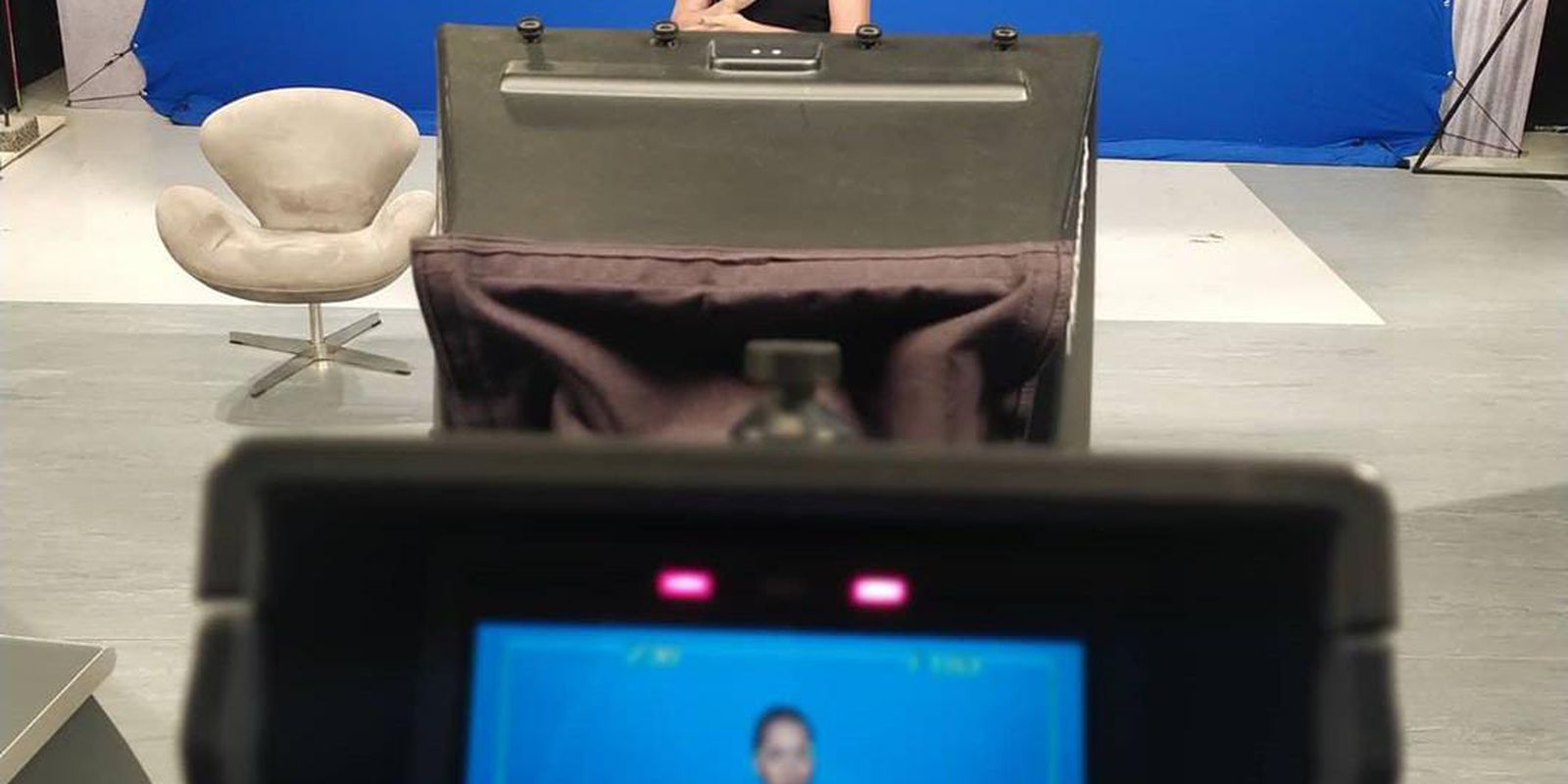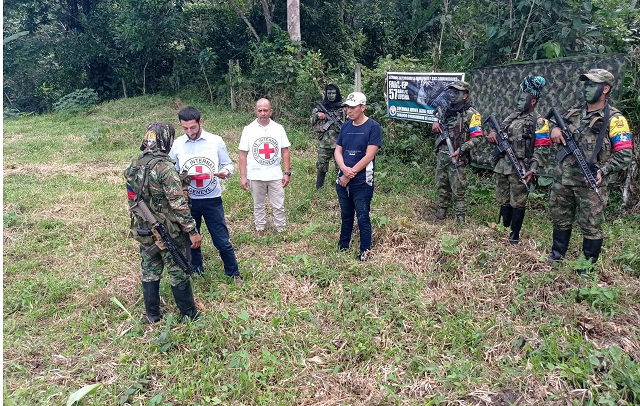This Sunday (24th), the Law 10.436/2002, which recognizes the Brazilian Sign Language (Libras) as one of the country’s official languages, turns 20 years old. To mark the date, the National Day of the Brazilian Sign Language (Libras) was created, aiming to commemorate this form of communication used by the deaf community, which is also an important tool for social inclusion.
According to the educational group Uníntese, founded in 2004 and focused on online education, with national coverage, offering professional training and qualification, innovative educational content and services, including the Escola de Libras, the history of the Brazilian Sign Language dates back to the mid-1900s. 19th century. It was at this time that Emperor Dom Pedro II invited the French Ernest Huet to come to Brazil to adapt the sign language model that was used in France to the Brazilian reality.
From there, the National Sign Language was developed. Some time later, in 1857, by order of the emperor, the Imperial Institute of the Deaf-Mutes (IISM) was founded in Rio de Janeiro, which at that time only catered to men. Over time, the institute evolved and still works today, under the name of Instituto Nacional de Educação de Surdos (Ines).
And either
Professor Bruna Enne, from Sinaliza Enem, the first pre-university course online from Brazil in Libras, told Brazil Agency that, especially for the deaf person who is going to take the entrance exam, Libras is very important. “Since 2017, the National High School Exam has a translated version – the Enem Libras – and that, for the deaf, is a very big achievement.”
Bruna recalled that, in 2017, the theme of the Enem essay was Education for the Deaf, to confirm the importance that the National Institute of Educational Studies and Research Anísio Teixeira (Inep) was trying to give to the education of the deaf at the time.
The version of the test in Libras was a big step forward, said Bruna Enne. “Many of our students are not fluent in Portuguese. They have a very big problem”. Despite this, the Sinaliza Enem teacher said that the writing is still done in Portuguese. “It’s like they have to do it in their second language.” That constitutes a greater difficulty, she admitted. “It would be the equivalent of a hearing student taking the Enem test in English, for example.”
Alice Marina was Bruna’s student in the course in Libras, took the Enem and went on to the administration course at the State University of Paraná (Unespar). Classes start next month. Alice told Brazil Agency that having prepared herself in a specialized course in Libras helped her to pass the Enem. “Because our language is Libras.” The student said that knowing Libras helps a lot in the inclusion of the deaf not only in school, but in all areas.
Historic mark
The Libras teacher at Ines Priscilla Cavalcante is currently licensed for doctoral studies in linguistics at the Federal University of Santa Catarina. Also deaf like her students, she considers the date of April 24 “a historic milestone for the deaf community due to Law 10.436/2002, which recognizes Brazilian sign language as the language of Brazilian deaf people”. For her, it is “a victory for all of us after years of fighting for language rights, despite being guaranteed by the international convention on the rights of persons with disabilities”.
Priscila said that, after the law was recognized in the country, over the last 20 years “we had more visibility and mobilizations in favor of the deaf community, in favor of the linguistic minority”.
Jessica Cosso is deaf and works as a collaborator in the social, cultural and media areas of the Associação de Surdos do Rio de Janeiro (Asurj), a social and sports organization for the deaf, founded in March 1955. According to her, the commemoration of the National Libras “is very important for the deaf community”. “With this law, we have access to education, we can learn like everyone else. And also (we have) cultural access, like theater.”
Jessica also highlighted that the law guarantees, in the future, that any deaf child will have access to leisure, education, health, as well as other children.
Translation
The Libras interpreter TV Brazil Brenda Rodrigues, who has been with the station for more than two years, said that this is the first time she has translated into Libras on television. According to Brenda, the work of the interpreters of the TV Brazil has great acceptance on the part of the deaf. She recalls that the law guarantees deaf people the right to have access to information in their language, which is Libras. “So, every time there is a Libras interpreter in the program, whatever the program, it is giving the deaf the linguistic right.”
Before, Brenda worked at a university, where she taught Libras to employees of the institution and interpreted the classes given in Brazilian Sign Language. “It was a wonderful experience,” she said. For Brenda, preparing employees to serve the deaf within the campus in your language it was very good. By offering the Libras course to employees, the educational institution had the objective that the deaf had the freedom to go anywhere and had the autonomy to talk and solve their problems, because they had someone who was trained and qualified to help them in that case. time. “So he didn’t always depend on the Libras interpreter being on his side.”
Also interpreter of Libras from TV Brazil, where she has been for six years, Neide Lins stressed that the translation into Libras is very necessary. “It is a right that must be respected.”
THE TV Brazil is the broadcaster that has the most content in Libras, reaching about 70 hours, which includes not only informative newspapers, but also entertainment programs. “It has an over-acceptance. In fact, we often get feedback from the public about the program,” said Brenda Rodrigues.
Neide also recalled that the TV Brazil is the first TV station that has a sign language interpreter in radio programs that are adapted and broadcast on television and social networks. “It was the first time that the deaf had access to know what the program is. [de rádio] oldest in Brazil, which is The voice from Brazil” said Brenda. “It was something that seemed impossible and the TV Brazil brought this opportunity, with accessibility.”









